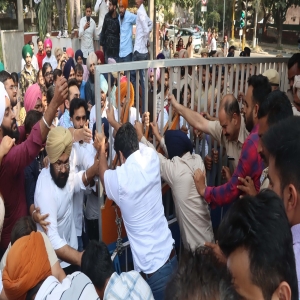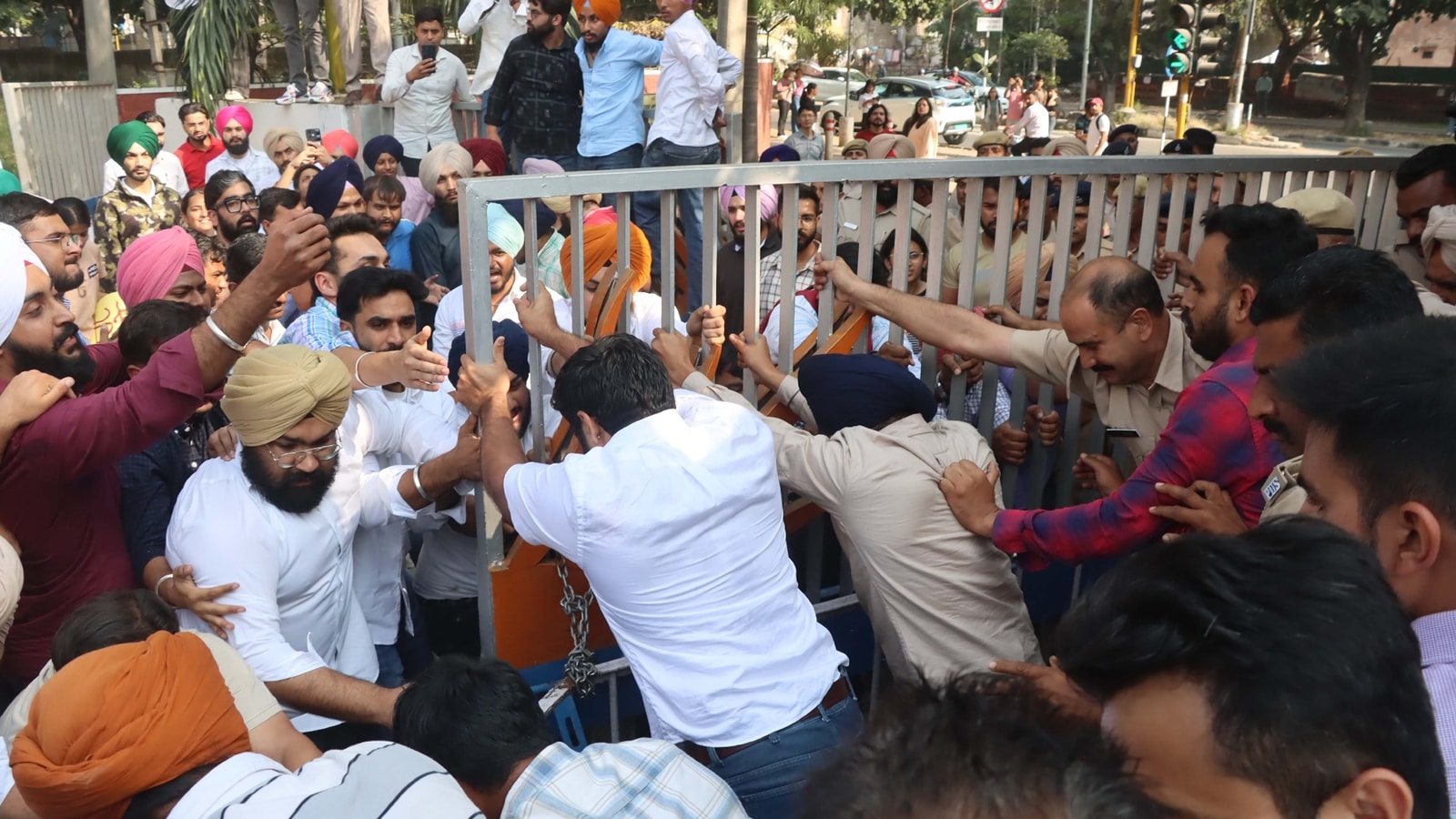
.jpg) Balvinder
Balvinder

Hilarious — and at times deeply troubling — claims are being circulated by some self-styled "andh-bhakts" to discredit the well-documented Mughal origin of the Taj Mahal. These attempts to recast it as a Hindu structure are as absurd as the old joke among Punjabis that the iconic singer Lata Mangeshkar is Punjabi because her supposed "real name" is Lata Mangesh Kaur!
Yet behind the humour lies a far more sinister agenda — one that mirrors the tactics of the Nazis, who once launched a massive, organised effort to rewrite history. Hitler's regime tried to manufacture a myth of racial superiority and national destiny. The Nazis glorified a "pure Aryan past," erased Jewish and non-Aryan contributions, and twisted the story of Germany's World War I defeat into the infamous "stab-in-the-back" myth. Education, media, and art were all brought under ideological control; books were burned, and teachers and historians were forced to conform.
For a brief period, this propaganda was successful. Many Germans, especially the young, were indoctrinated to believe these fabrications as fact. By capturing schools, museums, and universities, the Nazi regime gave its falsehoods an air of historical legitimacy.
But their success was short-lived. Germany's defeat in 1945 exposed the scale of the deception. The Nuremberg Trials, surviving archives, and witness testimonies laid bare the truth, restoring the integrity of history. The episode remains a lasting lesson: propaganda can distort facts for a while, but it cannot erase them forever.
The current propaganda campaigns led by the BJP-RSS combine to redefine India's Mughal legacy bear a striking resemblance to that dark playbook. Their efforts to paint Mughal-era monuments, like the Taj Mahal, as Hindu structures are transparent attempts to reshape India's plural past into a narrow, sectarian narrative. These distortions, while momentarily influential, are doomed to collapse under the weight of documented truth and historical scholarship.
The RSS's biggest advantage in this pursuit, unfortunately, lies in India's widespread illiteracy and poverty. By exploiting the ignorance of large segments of society, it finds fertile ground to plant such falsehoods. What makes this trend even more worrying is the sustained attempt to control India's education system — from revising textbooks under CBSE to interfering in university governance.
The recent controversy at the century-old Panjab University stands as a warning. The BJP-appointed Vice-Chancellor's move to alter the process of electing governing bodies was clearly aimed at tightening ideological control. Only after protests led by a student union, supported by the Kisan Morcha, was the decision temporarily halted — reportedly to avoid political fallout ahead of Punjab's forthcoming by-elections.
But as history has shown, truth is resilient. Just as the Nazi myths crumbled under evidence and open discourse, so too will present-day distortions that seek to rewrite India's richly diverse and inclusive past. Propaganda may shout loudly, but history always whispers the last, enduring word.